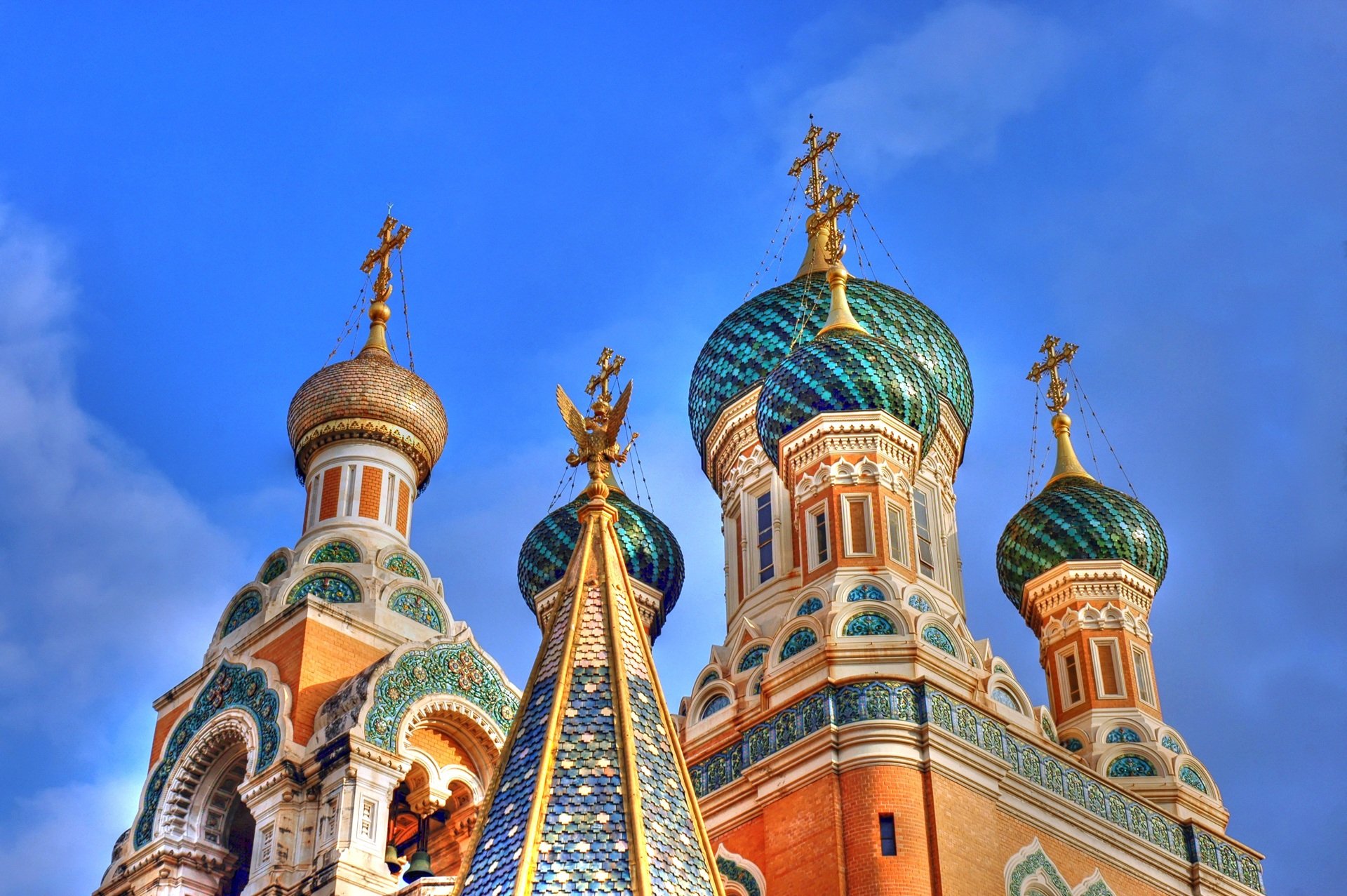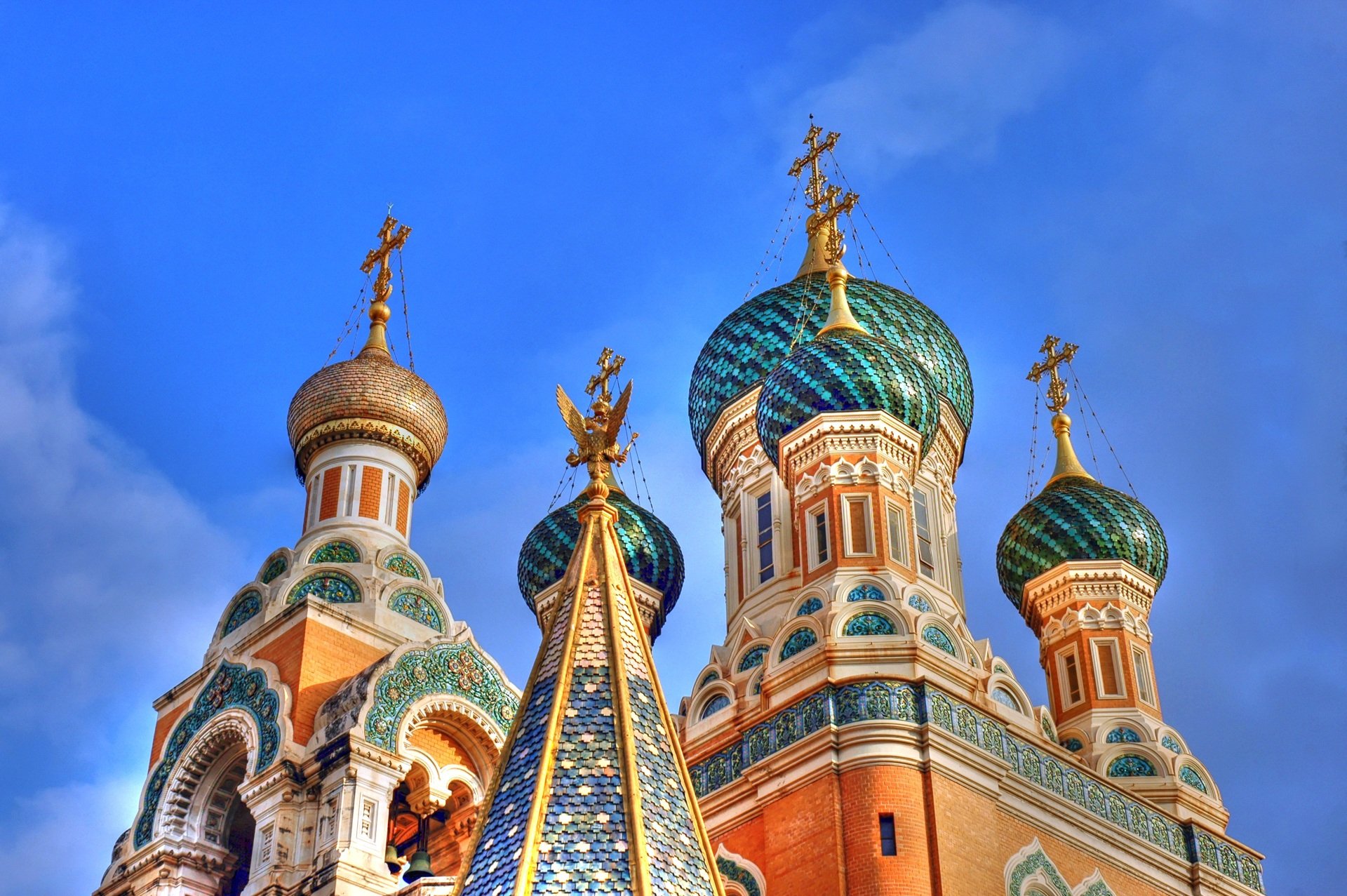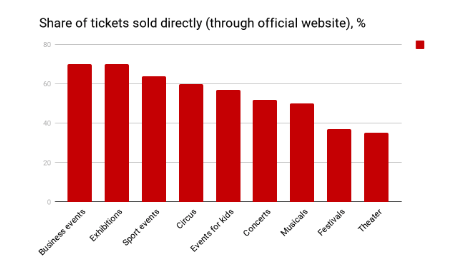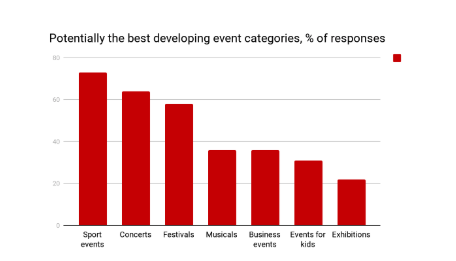Why Sporting Events are Hard to Sell?
Sporting events are booming all over the world. The most famous ones are always sold out and sometimes the lottery decides who is lucky enough to...

Comparing to other countries, Russian event sales and event ticketing industry is quite young. The old-fashioned paper-based ticketing started to be replaced by modern ticketing solutions only about ten years ago. Eventually, the industry developed at its unique path and pace. According to PwC research, the event ticketing industry in Russia grows at an average annual rate of 7,2% during 2017-2021 (compared to 4,2% average worldwide). By the end of 2016, 60% of the tickets were electronic. Nowadays, already 90% of tickets are sold online, but the market still differs from any European or American.

There is no absolute leading event ticketing company in Russia. The most recognizable ticketing agencies are kassir.ru, parter.ru, bileter.ru and ponominalu.ru. More innovative companies and platforms operate on the market as well, for example, Radario and Tickets Cloud.
VKontakte is a major social media in Russia, which has a feature of selling tickets straight from the event page on vk.com. Some music events have already reported that the majority of the tickets were sold via social media page, not through the official website or any ticketing agent.
Nowadays Russian event organizers and venues don’t focus on one ticketing solution. They try to partner with those platforms, which allows to distribute the tickets through as many different channels and services as possible.
However, the situation is changing and organizers are willing to sell their tickets directly and independently. 80% of companies already do that and the share of ticket sales sold on the official event website is increasing, especially in segments of business events, sporting events and exhibitions.

Firstly, Russian market is huge. There are 144,5 million people living in Russia, who might be your potential event attendees. Secondly, the landscape diversity is amazing, which opens new perspectives for organizing successful festivals and events. For example, Alfa Future People (music festival) gathers huge crowds of attendees from all over Russia to the city nearby Caspian sea, New Star Camp (sport festival) is organized in the mountains of Sochi, Roof fest in St.Petersburg takes place on the rooftops to enjoy long summer nights when the sun goes down only for a few hours.
In addition, Russian people are eager to travel to another city or even another country if they are passionate about the event/artist/singer, etc. For instance, the most famous Finnish festival - Flow Festival - receives great profits from Russian festival participants coming to Helsinki. To increase the awareness and attendance, the festival organizers made the ticket purchase as intuitive as possible: all information available in English and Russian languages, partnership with a Russian ticketing company, target marketing through Russian social media and popular online newspapers. Those tactics seem to successfully work since Flow Festival constantly attracts huge crowds of foreigners to enjoy the festival vibes in Finland.
Russian event industry rapidly develops and this development will most likely continue for the next couple of years. Some of the predictions are:
To conclude, despite all the differences, the global trends in the event industry are still followed in Russia. Both event ticketing companies and event organizers become more open-minded and willing for partnerships with foreign companies. As anywhere else, innovative solutions, engaging technologies, new services and applications are constantly developed in order to stand out from competitors. Let’s see what the future brings!

Sources:
Agents have to disappear: why event organizers want to sell tickets independently. Vladislava Rakhmanova. VC.ru, 2017. Retrieved from https://vc.ru/flood/22664-ticket-boom
How technologies will help to make operations on Russian event ticketing market transparent. Katerina Kirillova. Rusbase, 2018. Retrieved from https://rb.ru/opinion/tehnologii-bilety/
Party like a Russian: Trends in ticketing. Katerina Kirillova. IQ magazine, 2017. Retrieved from https://www.iq-mag.net/2017/04/party-russian-trends-ticketing-katerina-kirillova/#.XKGuwqRS_IU.
Russian event ticketing industry research. PwC, 2018. Retrieved from https://www.pwc.ru/ru/publications/moscow-ticketing-forum-report.pdf
Source: Russian event ticketing industry research. PwC, 2018.
Learn more about our solutions for ticketing.

Sporting events are booming all over the world. The most famous ones are always sold out and sometimes the lottery decides who is lucky enough to...

Event pricing is a crucial element of the event organization process that has a significant impact on its success. If the ticket price is too low or...

Without any doubt, statistics, data and analytics have always been crucial for event organizers. It helps to understand your customers better, to...